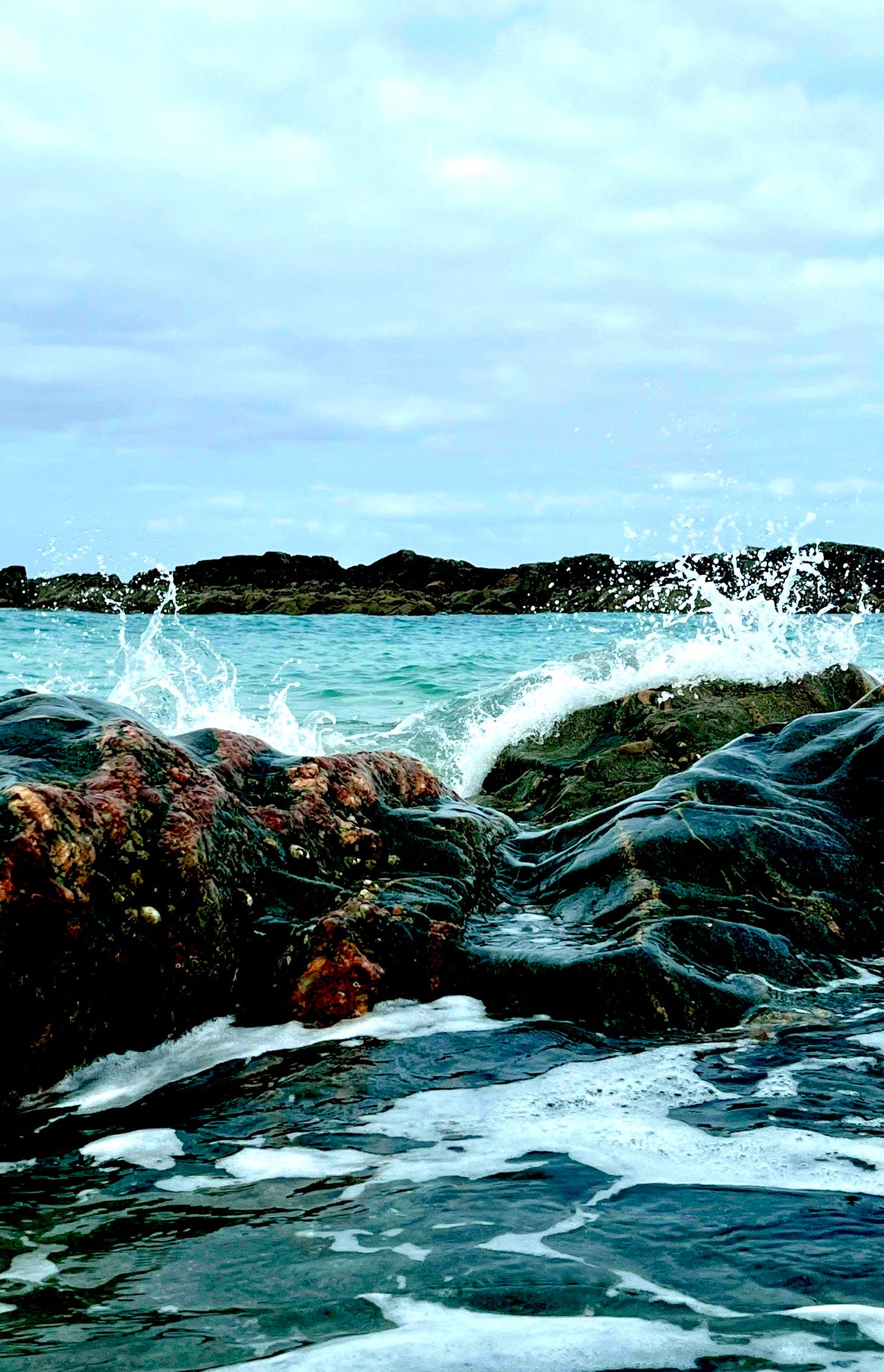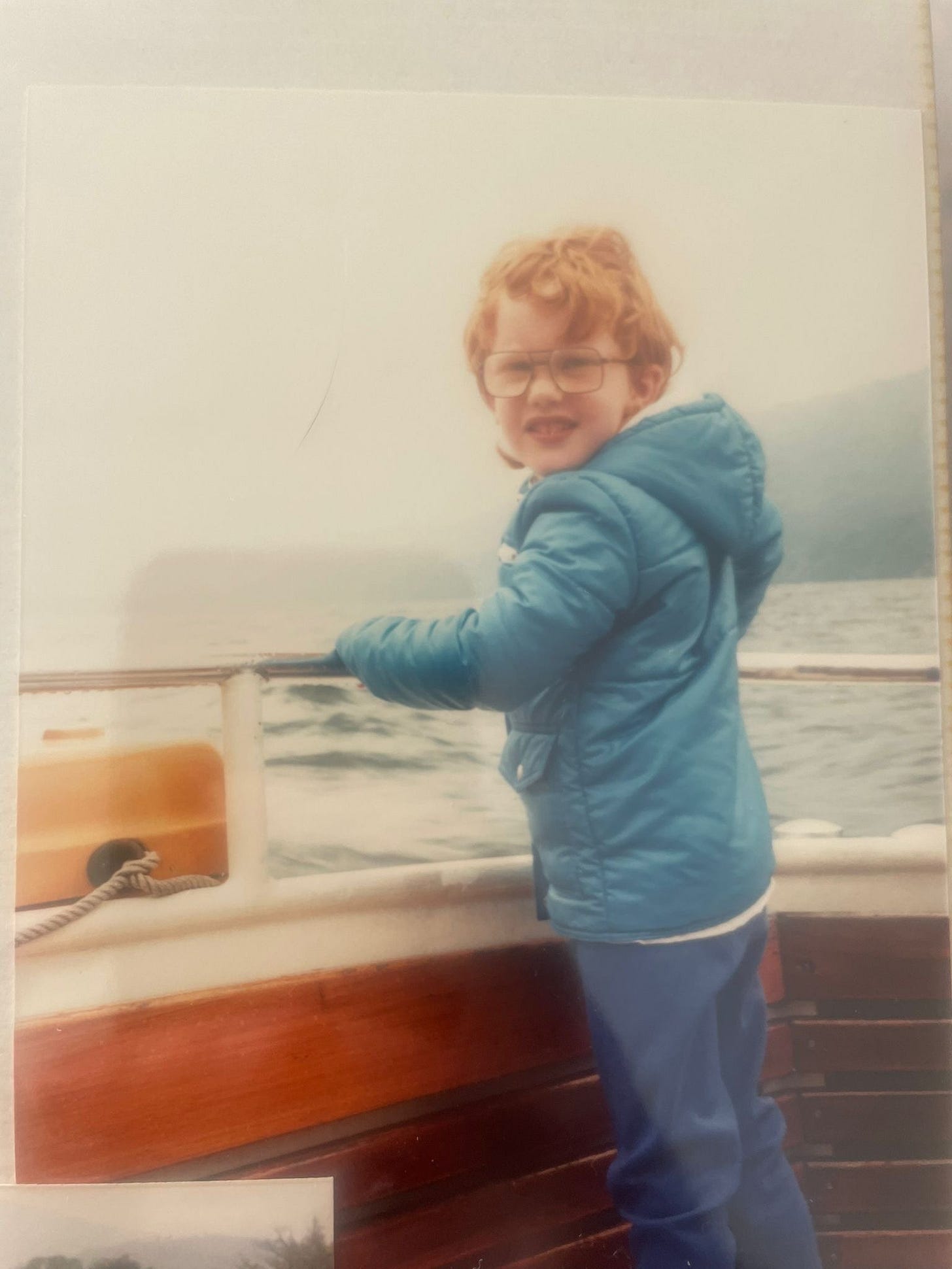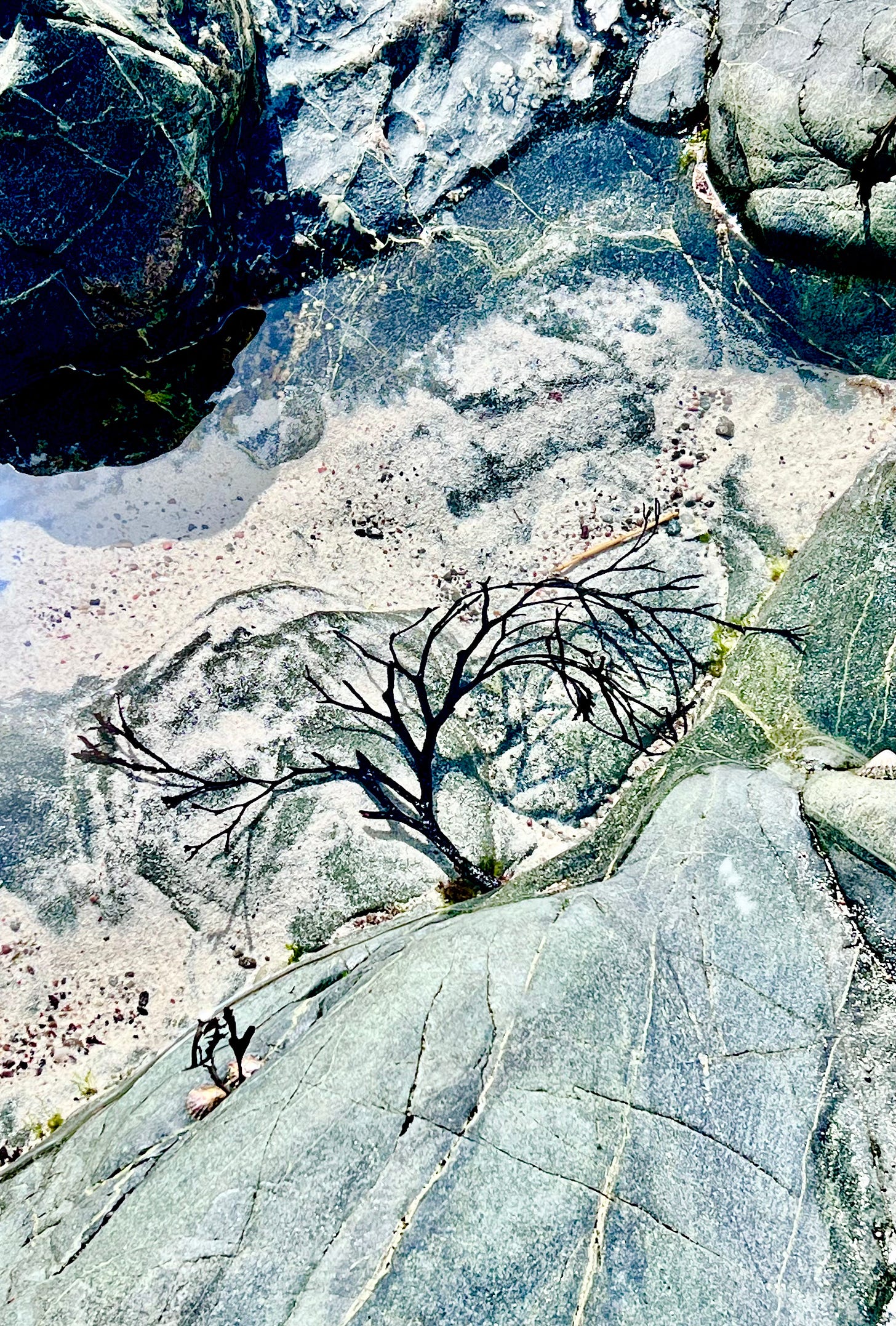Salt and hope
The ocean is timeless. And yet, it is heavy with memory, with stories whispered through salt and sediment. It is not just a place, but a remembering. A holding. A pulsing archive of the more-than-human—the creatures and currents, all who have swum, sunk, birthed, and become.
I go to the sea often. Always have. I’ve never lived far from water.
Here in Benfleet, Essex—my ‘now-place’—water threads its way through marshland and estuary, soaking the land with salt and history. Grey Plovers dance low over the mudflats, their wings catching the light like flickers of thought. This is a place of sea witches and smuggling tales, of tides that once carried outlaws and offerings. The air holds a briny kind of memory. The kind that stays on your skin.
But before this place, there were others. Sierra Leone, where I lived nestled beside the thundering beauty of Bureh Beach. That coastline was wild with energy—surf breaking like glass, waves insisting on being heard. The water was warm, yes, but filled with warnings. The tide had moods! It spoke in undertows and rip currents. You had to listen closely. You had to learn respect.
And before that still—Yorkshire. Scarborough, Hull. Along the Yorkshire Coast, cliffs curve like questions. I learned the pleasure of bracing winds and high tides.
Southend-on-Sea was my beginning. Home. The estuary ran through my childhood like a vein. I remember being out on my dad’s boat, kayaks drifting sideways in the current, feet sinking into the squelch of the flats. It all taught me that still water is never truly still.
Just last week, I was in Iona. A thin place. A place where the veil between things feels gossamer-thin. The beaches there shocked me with their turquoise shimmer, but the Scottish air snapped with cold clarity. It was like waking up from a sleep I hadn’t realised I was in. I breathed it in, that contradiction. Beauty with an edge. Iona reminded me that islands are thresholds—edges of knowing, places where land and sea negotiate.
I suppose what I’m circling around is this: how alive are we, truly, unless we are in relationship with our watery world? We are, after all, bodies of water. Walking, weeping, sweating, birthing. The sea is not out there. It is in us. We are 70% ocean.
And yet, we forget. We build walls. We speak of “land” and “sea” as though they are separate. As though the boundary isn’t breathing.
But the sea reminds us. It pulses with life and loss. It rises. It reclaims. It remembers.
This is not just poeticism. It is feminist. It is spiritual. The ocean is a site of power and pain. Nature justice, for me, is not just about justice on land, but justice in the water. The sea has been made into a dumping ground—polluted, exploited, overfished. But it is also where whales sing matrilineal songs. Where ancient coral cities bloom in defiance. Where women have gathered, wept, laboured, bathed, drowned, healed. The ocean is a feminist stronghold!
And now, as the climate crisis gathers speed, the ocean is once again at the centre. It is warming, acidifying, rising. The ocean crisis is the climate crisis. And it asks of us something deeper than carbon metrics. It asks us to remember. To re-member. To piece ourselves back together with the more-than-human world we are so often taught to forget.
We need new stories. Slower ones. Salty ones!!
We need to listen, not just to data, but to the tide. To the Grey Plover. To the undertow. To the ‘sea witches’ and the children squelching through mud. To the waves that say: you are not separate.
Maybe hope comes tasting of salt and song.




